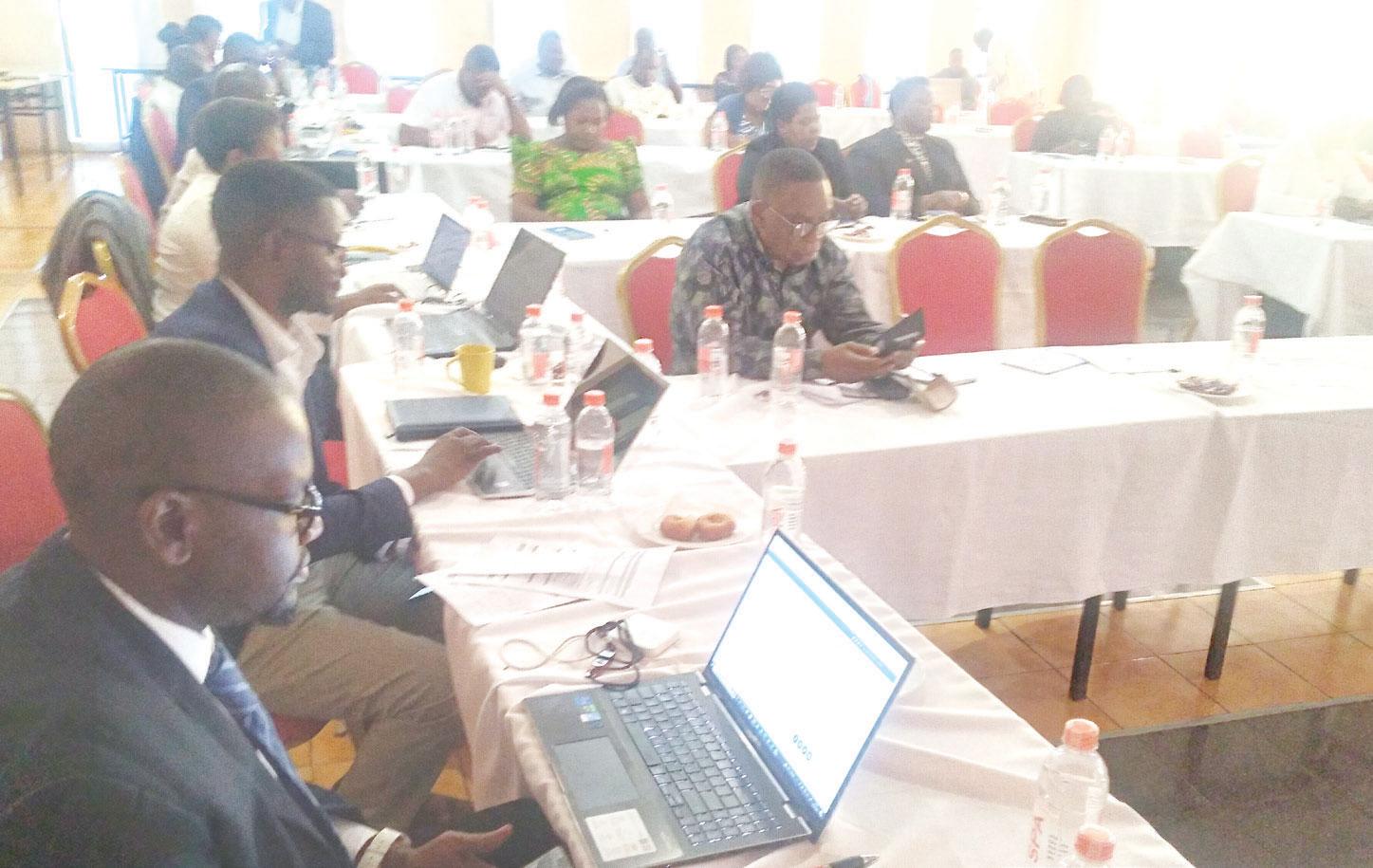Africa-Press – Malawi. The Ministry of Health (MoH) has called on Malawians to stop stigmatising people who have leprosy. MoH Chief of Health Services Queen Dube said this in a statement yesterday, when Malawi commemorated World Leprosy Day, which falls on the last Sunday of January every year.
“This international day is an opportunity to celebrate people who have experienced leprosy, raise awareness of the disease and call for an end to leprosy-related stigma and discrimination,” she said. The 2023 World Leprosy Day has been commemorated under the theme ‘Act Now, End Leprosy’.
Dube said in Malawi, the Ministry of Health – through the National Tuberculosis and Leprosy Elimination Programme (NTLEP)— wants to “end leprosy and inspire real commitment” so that Malawi can become a discrimination-free society.
“The campaign calls on governments, decision- makers, donors and the global health community to prioritise leprosy elimination efforts to realise zero leprosy goals,” the statement reads.
Leprosy is a chronic disease caused by Mycobacterium leprae and spread through the air (aerosol) primarily affecting peripheral nerves but may also affect skin, eyes, bones and internal organs.
The disease is clinically characterised by hypopigmented skin patches or partial or total loss of cutaneous sensation in the affected areas. Malawi achieved disease elimination in 1994 and remains in the elimination phase.
Dube indicates that the elimination phase of any disease requires strengthened surveillance, while ensuring that resurgences are timely dealt with. She lamented misconceptions on the disease, blaming them for aiding its continued spread in Malawi.
“Continuing spread is aided by certain harmful beliefs about the disease. The belief that leprosy is transmitted by contact is extremely harmful to those individuals who have been diagnosed with the disease as they are often shunned and ostracised by their communities.
“Early diagnosis and a prompt start of treatment cuts the transmission cycle. Leprosy often spreads to other individuals, referred to as ‘close’ or ‘household’ contacts. Furthermore, early diagnosis reduces the occurrence of deformities and disabilities e.g blindness, amputation,” she said.
Leprosy is a curable condition. Cases of leprosy have, of late, been on the increase in the country. By November 2022, NTLEP indicated that 679 cumulative active cases had been registered, with all those affected put on treatment.
This was revealed by NTLEP Programme Manager James Mpunga at an orientation for the Parliamentary TB Caucus. “The World Health Organisation declared Malawi leprosy-free in 1994 and all structures were abandoned and resources stopped [flowing in]. The challenge now is to mobilise resources,” Mpunga said.
And Mercy Mziya, who is the National Leprosy Coordinator, indicated that 278 leprosy cases had been recorded, by November, last year alone. “The Central Region has the highest disease burden and we are currently raising awareness and also doing contact tracing, following patients in their homes and screening family members,” Mziya said at the time.
For More News And Analysis About Malawi Follow Africa-Press






